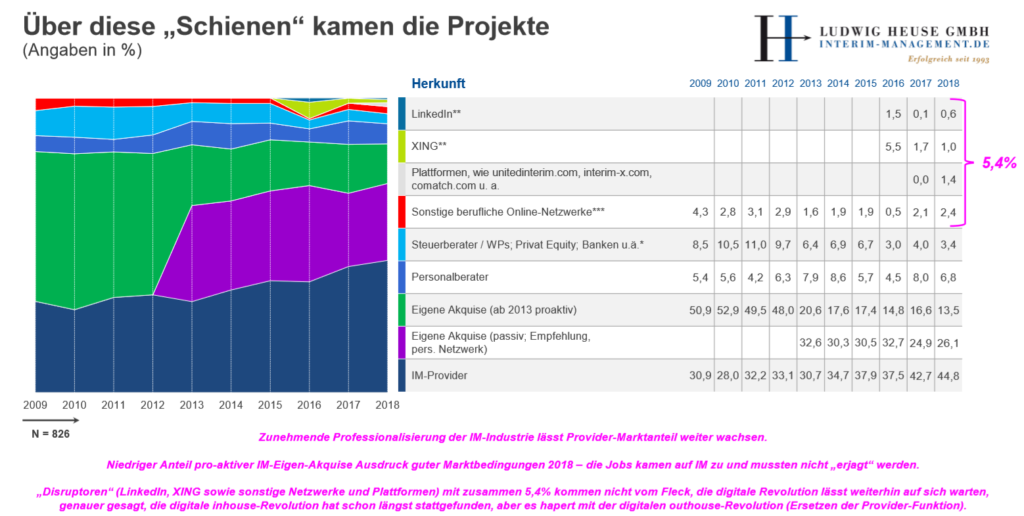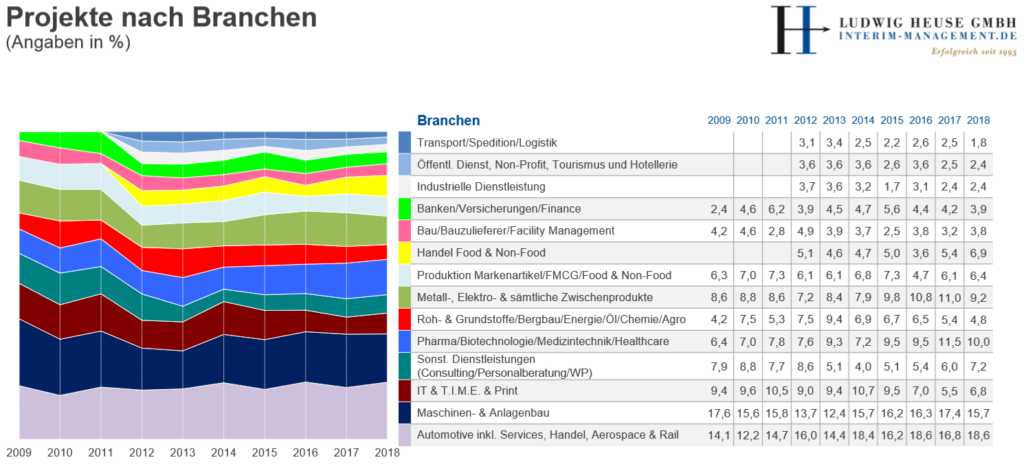Why quality management jobs are attractive
Quality management jobs offer many opportunities and are attractive. They require specialist knowledge and close attention to detail, making them a challenging and satisfying career. They also offer the opportunity to work in different industries, from manufacturing to IT. Additionally, these jobs often come with a high level of responsibility, making them attractive to people looking to advance their careers. Good salaries, career opportunities and the opportunity to have a positive impact on the quality of a company’s products or services make these jobs even more attractive.
The different areas of activity in quality management
There are a variety of functions in quality management, ranging from quality control to process optimization. As a quality manager, you are responsible for ensuring that all of your company’s products and services meet the highest standards. You could also work as a quality inspector, where you directly check the quality of products and ensure that they meet set requirements. In the role of a quality engineer, you would be responsible for optimizing processes and finding solutions to quality problems. Working as a quality auditor is also in demand, where you carry out internal and external audits to check compliance with quality standards. No matter the field, quality management jobs play a crucial role in every industry.
Requirements and qualifications for quality management jobs
Quality management jobs require specialized knowledge and skills. You need a bachelor’s degree in fields such as business administration or engineering. Practical experience in quality management is also important. You should have knowledge of quality standards such as ISO 9001. Soft skills are just as important: they must be communicative, analytical and team-oriented. A quality manager certification can improve your job prospects. In some cases, a master’s degree in quality management may also be helpful. It’s always good to continue your education to stay up to date.
Career opportunities and advancement opportunities in quality management
There are many exciting career opportunities in quality management. You can work as a quality manager, quality inspector or quality engineer. As a quality manager, you are responsible for monitoring and improving product and service quality. Quality inspectors conduct audits to ensure compliance with standards. As a quality engineer, you develop processes to avoid errors and increase efficiency. The opportunities for advancement are also excellent. With sufficient experience and further training, you can advance to head of quality management or senior quality manager. In these roles, you can lead and influence a company’s quality strategies. A job in quality management offers both exciting activities and excellent career prospects.
Salary prospects and benefits
Quality management jobs offer many opportunities and attractive salary prospects. Depending on experience and qualifications, the income can vary, but on average it is between 45,000 and 70,000 euros per year. In addition to the salary, many companies offer additional benefits. This includes flexible working hours, home office options and further training opportunities. Some companies even offer company pension plans or gym memberships. In quality management jobs, you are often a key person working at the interface between different departments and processes. This offers the opportunity to influence important company decisions and to continuously develop your skills.
Tips for a successful application and preparation for the interview
Are you looking for a job in quality management? Here are some tips to optimize your application and prepare for the interview.
First, it is important that your resume and cover letter are specific to the position. Show that you understand and can meet the requirements of the job.
Prepare for the interview in advance by reviewing typical questions and possible answers. Be prepared to provide examples from your previous work that highlight your quality management skills.
Don’t forget to ask questions to the interviewer. This shows your interest in the position and helps you learn more about the organization. Good luck!
Industries and companies that offer jobs in quality management
Quality management jobs are essential in many industries. In the automotive industry, they ensure compliance with quality standards in production. Big tech companies hire quality managers to improve their software and hardware products. In the food industry, they monitor compliance with hygiene and safety standards. They are also essential in the healthcare industry to ensure patient safety and satisfaction. In the financial sector, they help manage risks and meet compliance regulations. In general, quality management jobs can be found in almost every sector where quality counts.
Conclusion: Why quality management jobs are a promising career opportunity
Quality management jobs offer many opportunities for professional development. They are fit for the future as companies are always looking for ways to improve their processes and products. As a quality manager, you are the driving force behind these improvements. In addition, these jobs often offer attractive compensation and the opportunity to work in a wide variety of industries. Not to be forgotten is the satisfaction that comes from making a contribution to improving the quality of products and services. Therefore, quality management jobs are a promising career option.
This post was written by an AI for testing purposes.
The demographic and characteristic changes of the working population play a major role here. Everyone knows that more people in Austria are retiring than young people are entering the job market. An example of this is the ÖBB: around 1,200 employees will retire by 2020 and around 10,000 new employees will be sought in the next few years (a quarter of the entire workforce).
The new workers/employees from Generation Y, most of whom are already active in the labor market, as well as those from Gen Z, some of whom are already working, also have a different attitude towards work and work-life balance than older generations. The labor market must prepare for a much higher fluctuation of workers. Nobody will work in the same company for the rest of their lives. What defines these generations is, above all, their adaptability and willingness to change. They believe in lifelong learning and that education is the path to success. Younger people in particular prefer non-standard but personalized work.
Interim Management – Generation “Z”
“Generation Z – born Interim-Manager“
It is not only the characteristics of future Gen Z personnel as described above that suggest that interim management remains an essential profession. Many statistics also show the constantly increasing trend of this professional sector. According to Statista, the total fee volume in Germany has tripled in the last 10 years. The 2 billion mark will probably be exceeded in 2019.

The change in project origin for IMs is also interesting. A study by Ludwig Heuse GmbH illustrates the development here. While 10 years ago half of the companies used their own acquisitions to obtain projects, today almost half (44.8%) are arranged via IM providers. As Ludwig Heuse also describes, you can see that despite digitalization there is no replacement or competition for providers. You can also see that networking has played an extremely important role in recent years. A quarter of the orders were generated through our own networks and passive recommendations.

“The reasons for hiring an interim manager are as varied as the job itself“
Interim Manager – temporary problem solver
As described at the beginning, interim managers are temporary problem solvers. They are usually only in a company for a specific task and once it has been fulfilled, they move on. The reasons for their employment are largely independent projects. They are usually additionally required units that are not needed in day-to-day operations or the company sees the use of an outside, uninfluenced manager as advantageous. We also like to rely on external experts if there are problems within the company or if we need to bridge the gap. A lot of money is often lost without outside help and a certain amount of experience and speed are the best way to prevent this.

Since interim managers are usually experts in their field, there are many different possible applications. Most are needed in the automotive industry (18.6 percent), followed by mechanical and plant engineering (15.7 percent) and the healthcare industry (10 percent).

But this is exactly what many interim managers specifically want: constant change and no routine work. They are looking for a challenge and want to contribute their specialist knowledge in every industry, as well as learning from the companies themselves and continuing their training. The working life of an IM can get lonely due to the constantly changing projects, but you also always get to know new, interesting people, cities and cultures. A short, spontaneous vacation after completing a project can definitely be made easier than if you were tied to a company. There are many advantages and disadvantages that characterize the life of an interim manager. But it is precisely through this change in your private and professional everyday life that new doors are opened and it offers the opportunity to constantly develop further. One more reason, for example, to decide on a temporary project.
About the author:
Ing. Michael Lindner, MBA The founder and managing director of qualityfox (www.qualityfox.at) worked in the quality industry for more than 20 years and has excellent technical expertise and international strategic leadership experience.


